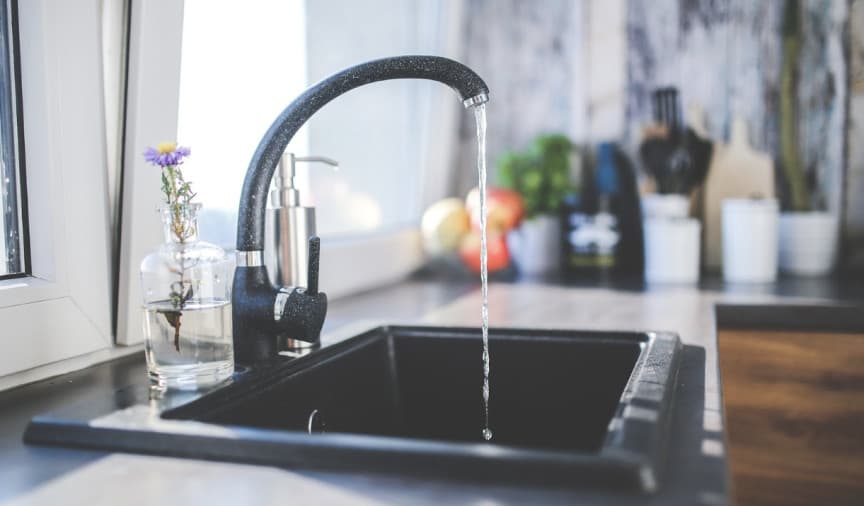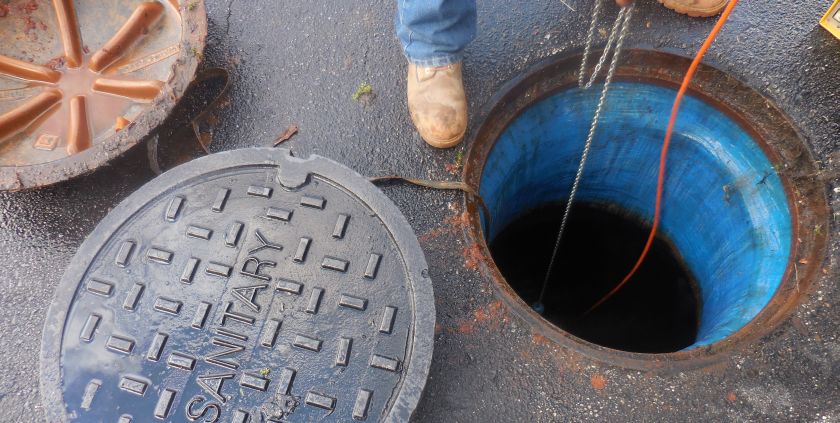They are making several great points on Tips for Dealing with Clogged Drains and Sewer Lines as a whole in the content followed below.

Introduction
Handling a blocked drainpipe can be a discouraging experience, disrupting day-to-day tasks and possibly triggering damage to your home. However, before connecting to plumbing specialists, there are steps you can require to address the problem yourself. In this guide, we'll discover DIY options and safety nets to tackle a blocked drainpipe successfully.
Determining the Problem
The initial step in attending to a blocked drain is acknowledging the indications. Slow water drainage, gurgling sounds, foul odors originating from drains, or water support up are common signs of an obstructed drainpipe. Recognizing these indicators early can aid protect against further difficulties.
Choosing the Right Pipes Solution
When picking a pipes service, think about variables such as experience, licensing, and client reviews. Pick a respectable plumbing with a record of high quality craftsmanship and transparent pricing techniques.
Cost Factors to consider
The price of expert drainpipe cleaning services can differ relying on the severity of the obstruction and the plumber's rates. Request quotes from multiple providers and inquire about any type of added fees to ensure openness and prevent shocks.
Safety Measures
When attempting DIY drain cleansing, focus on safety and security. Use protective handwear covers and eyeglasses to stay clear of contact with hazardous chemicals or germs. Never mix various drainpipe cleansing items, as this can generate hazardous fumes.
Situation Researches
Real-life examples illustrate the effectiveness of do it yourself services and the value of prompt professional treatment in solving drainpipe clogs.
Typical Sources Of Blocked Drainpipes
Recognizing the variables that contribute to drain pipes clogs is vital for effective resolution. Usual perpetrators include hair, soap residue, grease, food debris, and foreign objects like sanitary products or paper towels. Tree roots invading below ground pipes can likewise cause significant clogs.
Do it yourself Solutions
For minor clogs, a number of do it yourself remedies can be effective. Putting boiling thin down the drain can help dissolve grease and debris. Sodium bicarbonate and vinegar or a mixture of salt and baking soda can serve as natural cleaners. Utilizing a bettor or plumbing serpent to displace blockages is one more choice.
Devices and Devices
Having the right devices handy can make do it yourself drain cleansing more reliable. A plunger is a functional tool for removing clogs in sinks, bathrooms, and showers. A pipes serpent or auger can reach much deeper obstructions, while drain cleaning chemicals can be utilized very carefully for persistent blockages.
Safety nets
To prevent future blockages, taking on safety nets is critical. Set up drain guards or filters to capture hair and particles before they get in the pipelines. Routinely flush drains with warm water to liquify oil buildup, and prevent getting rid of grease or strong waste down the drain.
When to Call a Specialist
While do it yourself remedies can resolve small blockages, particular indicators show the demand for specialist help. Relentless clogs, foul odors regardless of cleaning initiatives, or numerous drains backing up concurrently are red flags that necessitate expert intervention.
Verdict
By complying with the suggestions detailed in this guide, you can properly take on blocked drains pipes and protect against future pipes problems. Whether choosing do it yourself options or looking for professional support, timely activity is essential to preserving a healthy plumbing system and protecting the honesty of your home.
9 Ways You Can Clear a Blocked Drain
Blocked Drains from Hair
We’ve seen it all before, a build-up of hair that’s leads to a clogged drain. Most times it’s a moderately easy task to simply ‘remove the hair’, but if it’s not cleared up straight away – it can cause a lot of issues down the line.
Hair falling off the body in the shower or while getting ready over the sink and in the bathroom is one of the most common causes of blocked sinks and drains. But whilst it’s a common problem for many homeowners, there are ways you can fix your drain and put a long-term solution in place.
How to Fix Blocked Drains from Hair?
What to do: Small amounts of hair can be removed by pulling it out with gloved hands to avoid it getting worse. Drain cleaning devices such as drain spiders can also be purchased to help remove the hair from the drain. However, it’s important to be careful as some devices and cheap hair removal chemicals can make the problem worse.
It’s important to remove the hair before it gets clogged into the entry of the drain pipes. If you’re unable to reach the hair or the devices aren’t working as intended, it’s time to speak to a blocked drain specialist.
Blocked Drains from Plants and Dirt
Natural debris like trees, shrubs, dirt and leaves can be an issue for water drains, especially after spring and autumn. Your regular garden and drain maintenance that keeps the outdoor area looking great is also essential to the productivity of your water drains and pipes.
Leaves aren’t the only culprit, however – tree roots are notorious for growing underneath in search of water and as a result, will usually head straight to your drains.
How to Fix Blocked Drains from Plants and Dirt?
What to do: To prevent plants, leaves and dirt from blocking the drains, keep the outdoor area clear of fallen leaves and debris. If this mess is left long enough, it will cause your drains to become severely blocked.
Keep your trees well-watered so they are less drawn to the drains as a source of moisture and stay away from clogging plants where possible; like willow trees, oak trees, magnolias, boxwood shrubs, palm trees and gum trees.
While ensuring your yard is free from leaves and dirt is a great way to prevent build-up, sometimes the real issues lay under the surface. Tree roots can crack your drain pipes beneath your home – causing severe blockages and leaks. Specialist drain cleaning equipment can be used to clear the blockage and pipe relining technology can provide a long-term structural repair.
Blocked Drains from Grease Build-up
Like hair in the bathroom, grease and fat will build-up in the kitchen sink over time. These fatty substances are a very common cause of blocked drains and pipes and can be a nuisance to clear out.
Any grease waste or fatty substance that is washed down the sink will stick to the inside of the pipes and eventually build up to a point no liquid can pass through. It’s important to be aware that this grease doesn’t leave the pipes as easily as you would expect.
How to Fix Blocked Drains from Grease Build-up?
What to do: Avoid washing these fatty ingredients down the affected drain as much as possible. Grease that’s washed down the drain will cool and harden in the pipes.
A smart way to prevent this build-up of grease is to start collecting all glass jars that you purchase at the supermarket. Then, instead of pouring this oil or kitchen grease down the drain, put it in the small glass or plastic containers to discard with your garbage.
Blocked Drains from Toiletries
As more people get into the habit of disposing of toiletries down the drain, bigger problems are being caused in our pipes and sewers. Nappies and baby wipes are the two common issue items known to block drains after being flushed down the toilet.
Such items become immersed with water, they absorb the moisture and enlarge, quickly blocking access to water drains and pipes.
How to Fix Blocked Drains from Toiletries?
What to do: This way of disposing of toiletries is dreadful for the environment and everyone should be encouraged to dispose of toiletries the right way. In the home, these items should be taken out with your garbage, just as people should make use of the designated bins when using public changing rooms and toilets.
Blocked Drains from Heavy Rain and Storms
Throughout the wet season, drains will experience floods of water because of heavy rainfall. Because drains aren’t really designed to take the full impact of this weather, water build-up can be common in many Perth households.
When there is an overflow of rainwater in gutters and downpipes, there’s a good chance there’s a blocked drain that needs to be cleared out.
How to Fix Blocked Drains from Heavy Rain and Storms?
What to do: Ensure gutters and outdoor drains are cleaned during the wet season to prevent a build-up of leaves which will cause a bigger blockage. Problems caused by heavy rain and storms will usually require a plumber to help unclog and assist with the wastewater removal. If this is the case, contact them as soon as possible to prevent further build-up and potential flooding in your home and yard.

We were brought to that editorial on 8 Tips For Clearing A Blocked Drain from an associate on a different domain. Those who enjoyed our blog posting plz don't forget to share it. Thanks for going through it.
Quote